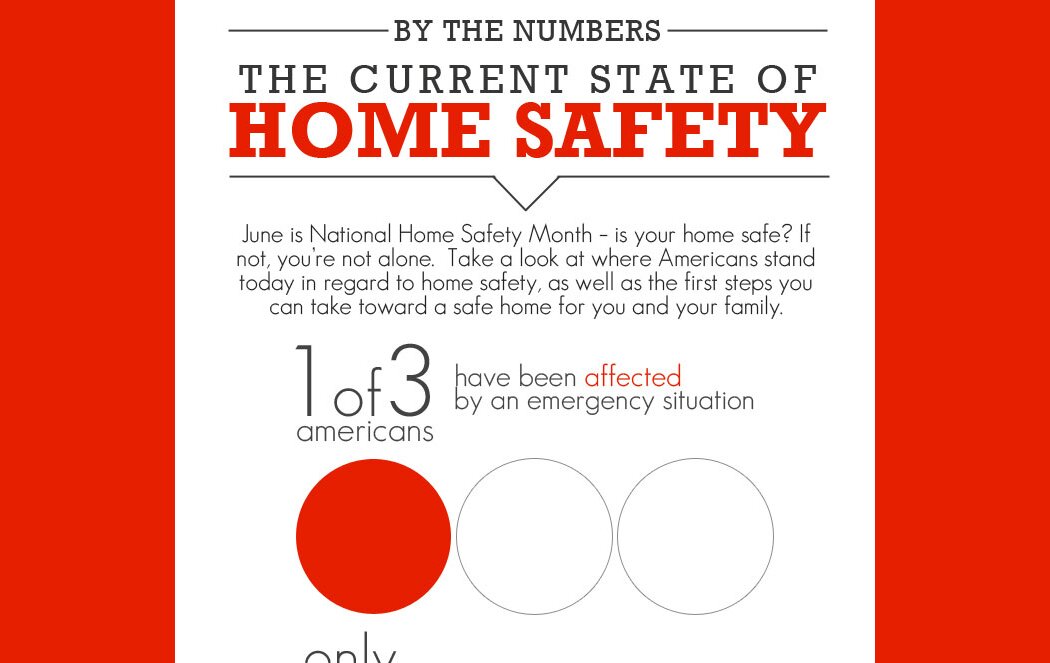The Public Safety Exception to the Miranda Rights
People who are fond of watching action movies, specifically those where law enforcement individuals are involved, are surely familiar with the Miranda Rights. In fact, as soon as a person had a wider learning have also became familiar with Miranda Rights. One may think that what is being said by the person from the law enforcement when declaring the rights is just what it is all. However, there are several concepts that Miranda Rights entail and that includes the Public Safety Exception.
Miranda’s General Rule
The Miranda v. Arizona is where the Miranda Rights stemmed from. It was the time when the court itself determined the requirement for protection due to the police interrogation dangers associated on a person’s Fifth Amendment right in opposition to self-incrimination.
In such case, of the one in custody has not been read his Miranda Rights, it automatically means that the testimony from the questioning during that situation could not be used during trials. However, there are some exceptions to that.
What is this Public Safety Exception All About?
This concept from the Miranda Rights is that one allowing people from the law enforcement present in the scene to question the suspect without stating to them their Miranda Rights. It is applicable, especially if the police think that the suspect has some information about an unattended gun’s location or other same exigent circumstances in which the public’s safety may be compromised or require them to need protection.
As what the Supreme Court has stated, Public Safety Exception is prompted to be applied once a police officer has an objectively reasonable need to save from any harm any police and the public due to immediate danger.
The standard of the Public Safety Exception is objective. It only means that the use of the exception cannot be used based on the officer’s subjective motivation. Legitimate concerns for the public and officer safety that prompts any unwanted custodial questioning may arise under a several contexts. One of these reasons can be because of the police officer’s awareness or prior knowledge about specific circumstances and facts that may affect safety.
At times when such situation arises when the Miranda Rights’ Public Safety Exception became applicable, there are 2 types of questions that can be used. These types of questions have been stated by the Supreme Court itself, which are:
• Questions that is necessary in resolving the probable danger to the public.
• Questions used for the sole purpose of enabling the extraction of incriminating evidence.
In the exception, officers are only allowed ask these questions if there is the necessity in securing their safety along with the public.
Cases when the Public Safety Exception Has Been Applied (Bombing Cases)
• US v. Hodge. It was a 6th Circuit case in which it was determined that questions for a potential bomb can be justified under the exception. That remains so even there is no evidence that no third party might reach it soon.
• US v. Khalil. It was a 2nd Circuit case when the suspect was question by the officer present before reading the Miranda Rights. It was applied and justified because of the statement about whether the suspect was planning to kill himself through the bomb.
This is what Miranda Rights’ Public Safety Exception is all about. There are other more cases when the exception was applied, with Tsarnaev case the most current.


